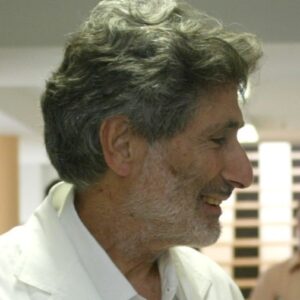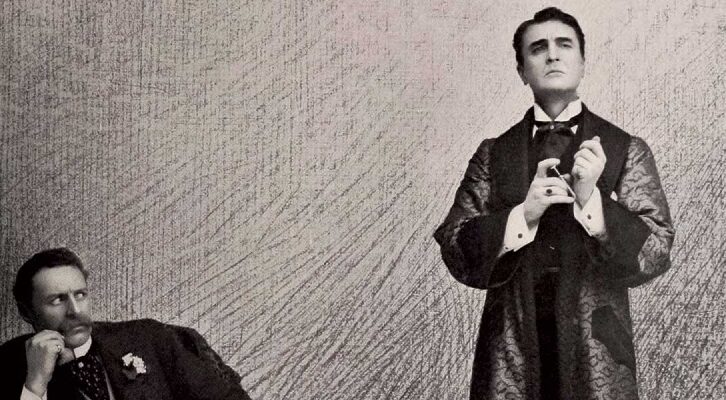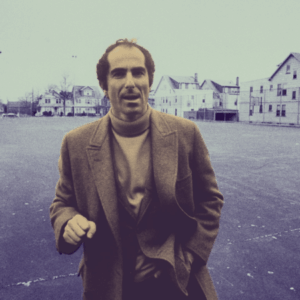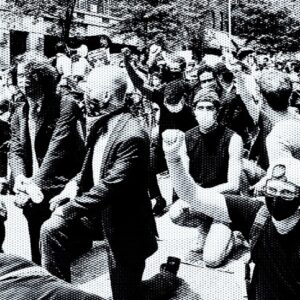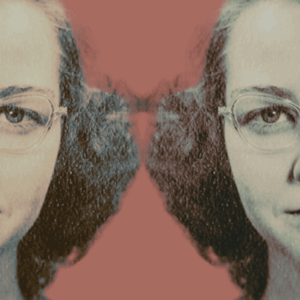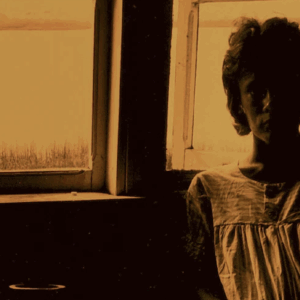
On the Way the Criminal Justice System Fails Our Poor Communities
For Judge Victoria Pratt, Poverty Is Not a Crime
I knocked on the door before I made my entrance. Officer Mickey Carillo announced, “All rise. This is Part Two Criminal Court, the Honorable Judge Victoria Pratt presiding.” I stepped onto the bench and took my seat. I saw an assembly of substantially impoverished, overwhelmingly addicted Black and Brown people, many with mental illness, and all suffering from uninterrupted trauma. Most people believe that court resembles the procedural police and courtroom shows, like the Law and Order franchise. That, however, is Hollywood.
The scene before me was of everyday, abandoned America. These folks were facing direct and collateral consequences based on the decisions that would be made in court that day. Incarceration, eviction, loss of government benefits, loss of employment, suspension of a driver’s license, and insurmountable debt were just a few of the catastrophic events that could result from a court appearance, upending a person’s life when they already live in poverty.
“What is that putrid smell?” I gagged as police officers brought the people held in custody of the city jail into the courtroom, chained to one another. My nose involuntarily restricted my breathing to object to the entrance of the suffocating odor through my nostrils. I held my breath until I was forced to take in a gulp of rancid air. My saliva glands immediately went to work to expel the burning taste from my mouth. The court administrator sprayed Lysol to cover the odor. No luck. A police officer burned incense and hung it on the window frame to cut through the foulness. It didn’t work. As the daughter of a garbageman, I’ve smelled some unpleasant odors. The stench that day was so overpowering that I began to feel ill.
“What is it?” I demanded.
Officer Carillo approached the bench and whispered, “It’s the guy on the end, Judge. His foot has gangrene.”
Rotting flesh. The smell of death on a living body. It’s the stench of poverty.
“There but for the grace of God go I,” I mumbled under my breath, grateful that I had been spared his condition.
The afflicted person was a homeless man from Penn Station, filthy, sick, and despondent. He was in custody for a quality-of-life violation. The arresting officer had treated him like a piece of tainted meat. He had thrown the man into the back of his police cruiser, driven him to the courthouse, and dumped him in the city jail.
What would possess a police officer to bring this suffering soul to the courthouse? Wouldn’t a trip to the hospital have been more feasible? More humane? How could the officer not see this person’s humanity? What gives us, members of the criminal justice system, the right to shut our eyes to the suffering that’s directly in front of us? This man was not a threat.
If that suffering individual didn’t deserve sympathy, then who does? The corrosively punitive practices of law enforcement and our courts eat away at a community’s very soul.
I admonished the court police officers for not telling me about his condition earlier. We could have already handled his case and sent him to the hospital.
The arresting officer should have handled the situation differently. He should have taken this gentleman and his diseased foot to a physician who could offer medication, not a judge wielding a gavel. Instead, the officer checked his records and found that the man had an open bench warrant. He had been previously charged with sleeping in public—a violation of the quality-of-life summons. But when you are homeless, public spaces become your only possible residences. The charging officer knew that the man wouldn’t make it to court on his own due to his physical and mental state. So he carted his infirm body through the city because of the minor infraction.
I wanted to help him, but I couldn’t focus. The pungent odor emanating from his foot made it difficult to breathe. I dismissed his ticket for the time served in the city jail. I had the court administrator check the computer system to ensure he had no other tickets pending. Unfortunately, in a court system as large as Newark’s, an individual can have numerous unresolved quality-of-life tickets, as well as other bench warrants for unpaid fines. Pulling all the files together would help prevent the defendant from being rearrested and held in custody, having to appear before a judge multiple times.
The officers arranged to have the defendant taken to the hospital. The Newark Community Solutions representative provided him with information so he could return to the clinic after his hospital stay and get connected to services.
He was a harmless person that the criminal justice system punished because of his lack of housing and other resources. That’s how the system deals with poverty and the people engulfed by it.
He was a harmless person that the criminal justice system punished because of his lack of housing and other resources. That’s how the system deals with poverty and the people engulfed by it. The Population Research Institute asserts, “Poverty is like darkness; it’s not a thing. It’s the lack of a thing.”
I agree. Poverty is about being in a state of scarcity. Poor people lack the essentials necessary to meet their basic needs—the social, economic, educational, and political resources that most of us take for granted. In a vicious cycle, the lack hinders their ability to acquire these resources, not only creating barriers to their survival, but derailing their ability to live full, safe, and productive lives.
Poor people lack access to health care. Many of them also lack a clear understanding of their health, both physical and mental. They usually inhabit areas plagued by violence. Poverty causes them to live without assured shelter, with food insecurity, and with inadequate education. Then the justice system punishes them for the lack by making it illegal to be without those resources.
In our courts, the ravages of poverty are hidden in plain sight.
The poverty and the mental state of the homeless man who appeared in court that day are what drove his contact with the criminal justice system. If that suffering individual didn’t deserve sympathy, then who does? The corrosively punitive practices of law enforcement and our courts eat away at a community’s very soul.
They require us to ignore people’s humanity and to forfeit ours as well. That man’s situation demanded empathy. In fact, I’m asking for more than sympathy. I’m asking for benevolence. By criminalizing the acts that poverty-stricken people are forced to take, we make poverty appear as something it’s not: sinister and evil.
We should think of the criminal justice system as a ship. We, the practitioners, cannot merely be travelers on the journey. We must see ourselves as the crew doing the daily work.
Many folks trapped in the unyielding cycle of poverty are grinding and scraping to get by—living paycheck to paycheck, if they even have employment—and then they have an encounter with law enforcement. Maybe their car’s headlight is out, and they get stopped by a police officer. Perhaps they had to choose between buying groceries and paying other bills, like the woman with young children who came through my court after receiving a ticket for driving without insurance. She agreed to plead guilty to the $1,000 fine and the one-year license suspension, even though by the time her case had been called her next paycheck had arrived and she had obtained car insurance.
Do I think she’ll continue driving, even with a suspended license? Of course. She will need to drive to work and take her four children to school. Will she pay the $1,000 fine? Probably not. It’s damn near impossible to get water from a rock. If she has an unpaid fine, she’ll be facing a jail sentence with the next traffic ticket she receives.
In our courts, the ravages of poverty are hidden in plain sight. We just choose to ignore them. I deplore the criminal justice system’s tendency to throw its hands up and claim that we aren’t equipped to handle social issues. That assertion is not true. In fact, as stewards of justice we don’t have the luxury of disregarding the social problems of those overcrowding our courts, jails, and prisons. In her address to newly admitted members of the Washington State Bar, Justice Mary E. Fairhurst expounded on this notion:
The next step is to commit ourselves to be stewards of justice. How does one be a steward of justice? First, if you see justice is not being achieved, do something about it. When the public repeatedly sees the justice system fail, the people’s confidence in the law will soon decline. If you see the system fail, propose changes in the laws or changes in the rules. You have the skills, training, and ability to make a difference, to have an impact. As good stewards of justice, we must be driven to make the law work in the real world. As Justice Stephen Breyer has said, “The law should provide real answers, to help real people, with real problems.
As stewards or agents of justice, we cannot turn a blind eye to the effects of poverty on the individuals who come through our justice system. Instead, we need to shine a light on its daily, far-reaching ramifications. Poverty creates an inescapable, never-ending flow of people into our justice system. In particular, the lack of access to a proper education not only keeps people trapped in poverty, but too often it traps them in a cycle of arrests that they can never escape.
___________________________________
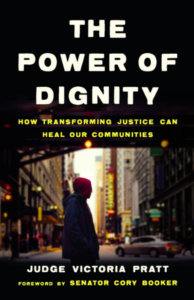
Excerpted from The Power of Dignity: How Transforming Justice Can Heal our Community by Judge Victoria Pratt. Copyright © 2022. Available from Seal Press, an imprint of Hachette Book Group, Inc.
Judge Victoria Pratt
The Honorable Victoria Pratt served as the chief judge of the Newark Municipal Court, is a professor at the Rutgers Newark School of Criminal Justice, and has taught at the Rutgers School of Law. Her TED talk, “How Judges Can Show Respect,” has been viewed over thirty million times. She lives in Montclair, New Jersey.









